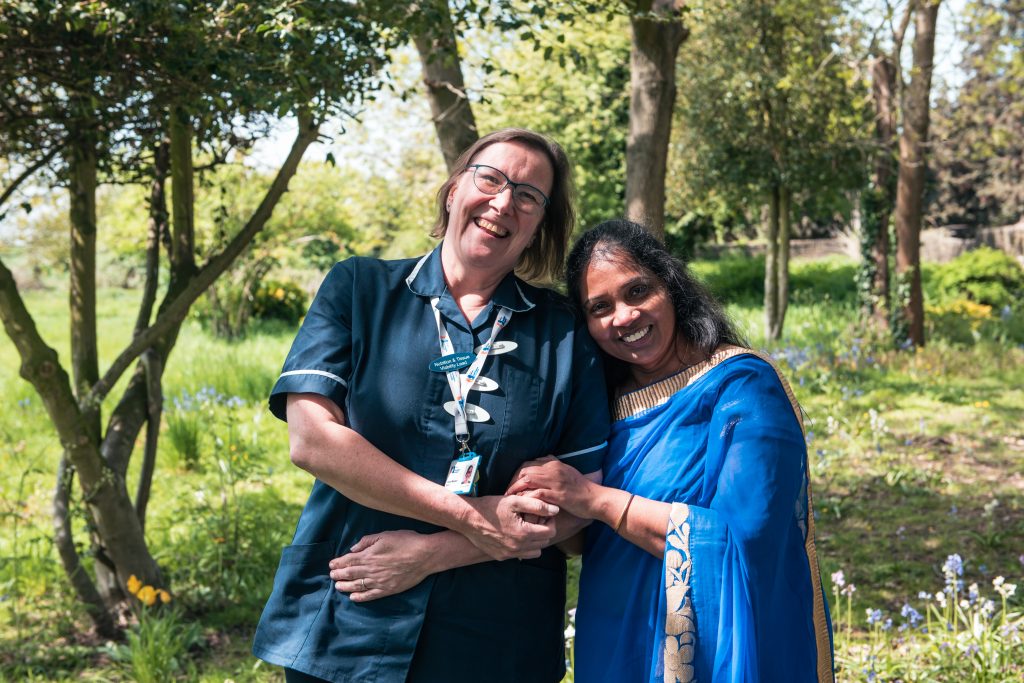Bereavement in children and young people
When a person is bereaved it means that a loved one, or someone else important to them, has died. We tend to use the term ‘bereavement’ to describe the period after someone has died, in which people who cared about them are grieving.
How can bereavement affect children and young people?
“Children’s reactions to bereavement are affected by many factors. These may be to do with who has died, how they died, what their relationship was with the person, how the family expresses their feelings, what other things are going on at the same time and whether their school and home community are supportive.”
Child Bereavement Network – UK

Children and young people express their emotions of grief in many different ways. Often children present emotions that can seem uncharacteristic or worrying for family members. This may take the form of appearing to be coping fine or having changeable behaviours such as sadness, anger, night terrors, anxiety, guilt, physical pain, or difficulties concentrating or attending school.
Bereavement may also bring up challenging experiences from the past or trigger problems that were thought to be resolved. We can support children and young people to make sense of these feelings and to have a better understanding of themselves.






